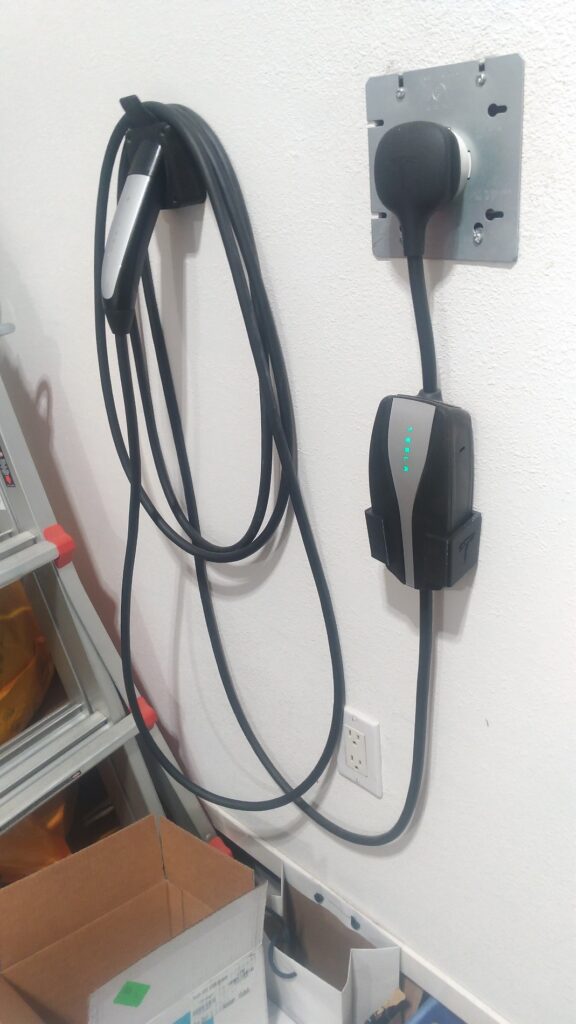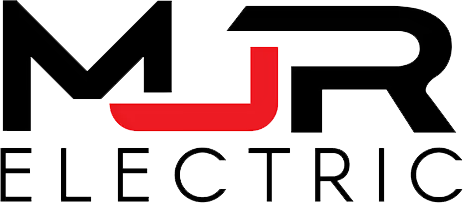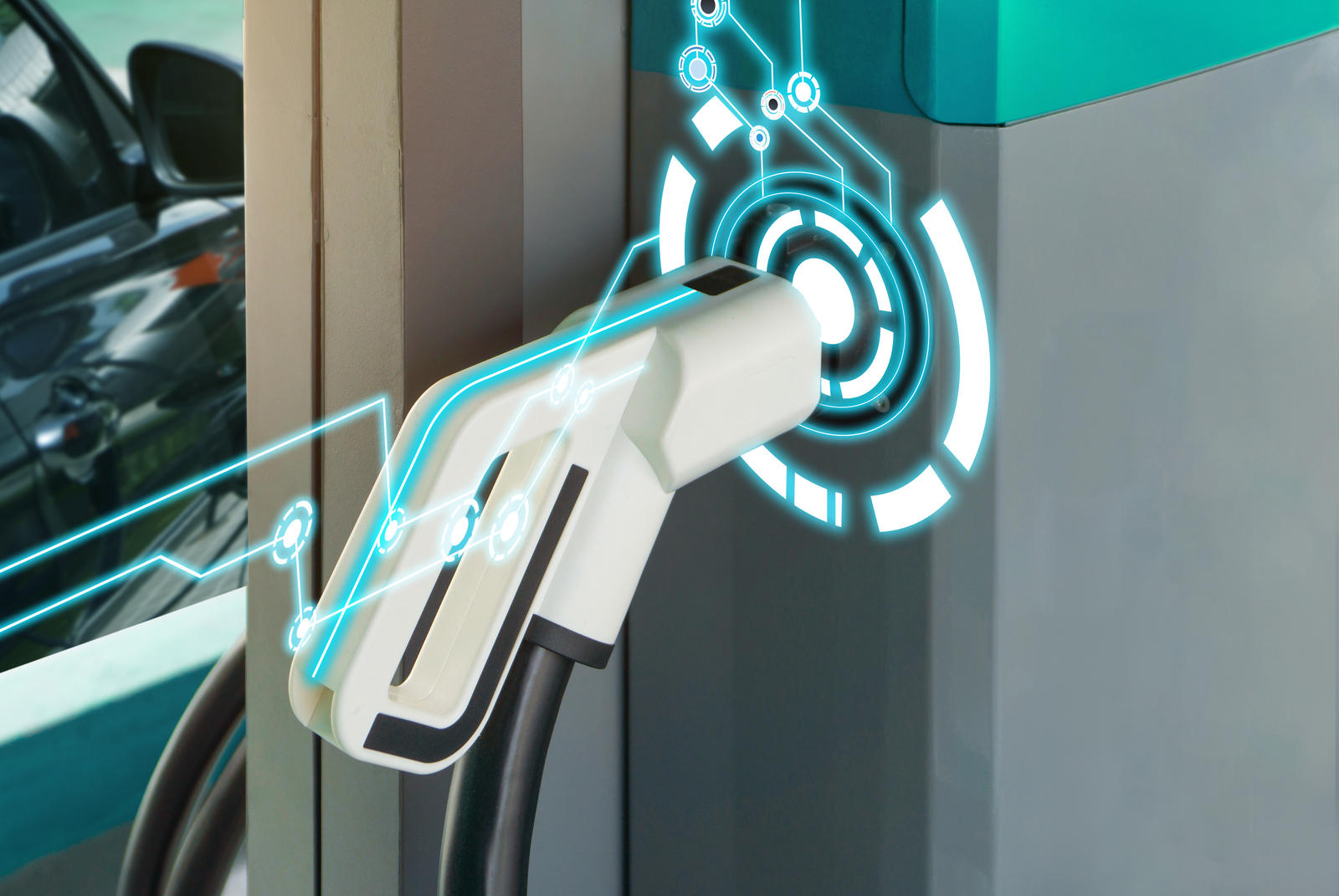With the increasing popularity of electric vehicles (EVs) in Vancouver, the demand for convenient and accessible charging solutions at home has grown significantly. As more homeowners make the switch to electric mobility, the installation of EV chargers has become a priority. However, this process can present various challenges that homeowners need to navigate to ensure a seamless installation experience.
Addressing the right considerations is crucial to ensure a successful and stress-free installation experience. By proactively understanding the factors homeowners can pave the way for convenient and efficient charging of their electric vehicles in the comfort of their own homes.
Factors to consider during the EV Charger Installation process
By proactively addressing these challenges, homeowners can pave the way for convenient and efficient charging of their electric vehicles in the comfort of their own homes.
Understanding EV Charger Options for your home or business
There are several options available to homeowners. Understanding the different types of chargers is essential in selecting the right one for your needs. Common EV charger options are:
a) Level 1 Chargers: These chargers use a standard 120-volt household outlet and provide the slowest charging speeds.
b) Level 2 Chargers: Level 2 chargers require a 240-volt electrical circuit and offer faster charging speeds compared to Level 1 chargers. They are the most common choice for residential charging.
c) DC Fast Chargers: DC fast chargers, also known as Level 3 chargers, are the fastest charging option available. They utilize direct current (DC) power and can charge an electric vehicle to 80% or more in a matter of minutes. DC fast chargers are typically found at public charging stations, such as along highways or in commercial areas. These chargers require specialized equipment and are not commonly installed in residential settings.
When selecting the right EV charger, homeowners should consider their charging needs, daily driving habits, and available electrical capacity. If you have a shorter commute and ample time for charging overnight, a Level 1 or Level 2 charger may suffice. However, if you require faster charging for longer trips or have multiple EVs, a Level 2 charger may be more suitable.
It is important to consult with a licensed electrician or EV charger installer who can assess your specific electrical capacity and provide guidance on the most appropriate charger for your home.
Assessing Electrical Infrastructure such Electrical Panel Upgrades for EV Charger Installation
Assessing the electrical infrastructure of your home is a crucial step in the EV charger installation process. It involves evaluating the capacity of your electrical panel to handle the additional load required to charge your electric vehicle.
Most residential electrical panels have a specific capacity measured in amps. This capacity determines how much electrical load your home can safely handle. When installing an EV charger, it’s essential to ensure that your electrical panel can support the increased demand without overloading the system or causing safety issues. To assess your electrical infrastructure, you may need to consult a licensed electrician who can evaluate your panel’s capacity and conduct a load analysis.
Navigating Permitting and Necessary Regulations
The installation of an EV charger typically requires homeowners to navigate the permitting and regulatory processes to ensure compliance with local electrical codes and safety standards. It is essential to understand the permit requirements and regulations associated with EV charger installation in your area before beginning the installation process.
Permitting requirements may vary depending on your location and the specific regulations in place. In many cases, obtaining a permit involves submitting an application, providing relevant documentation, and paying associated fees. The permit ensures that the installation is performed safely and meets all necessary code and safety requirements. Remember, working with a licensed electrician who is familiar with the local regulations is essential to ensure a smooth permitting process and compliance with the necessary codes and standards.
Finding Experienced EV Charger Installers to make the installations
Engaging experienced and licensed EV charger installers is crucial to ensure a successful and efficient installation of your EV charger. MJR Electric specializes in EV charger installations and has the knowledge, expertise, and tools necessary to perform the job safely and effectively.
By selecting MJR Electric as your EV charger installer, you can have confidence in the expertise and professionalism we bring to the installation process. We prioritize safety, compliance with codes, and delivering installations that meet your specific needs.
Considering Cost Factors for the Installation

When planning the installation of an EV charger, it is crucial for homeowners to consider the various cost components associated with the process. Understanding these factors can help homeowners budget effectively and make informed decisions about their EV charger installation. Here’s what you need to know:
- Equipment Costs
- Electrical Upgrades
- Installation Fees
- Permitting Fees
- Incentives, Rebates, and Tax Credits
*** Homeowners in Vancouver may be eligible for incentives, rebates, and tax credits that can offset the costs of EV charger installation. These incentives can vary based on location and may include government programs, utility company initiatives, or electric vehicle-specific incentives. Talk to your EV charger Installation experts to know more about the benefits available.
MJR EV Ready Plan to help the homeowners access the right incentives for their EV Charger Installation
By considering all the above cost factors and exploring available incentives, homeowners can budget effectively for their EV charger installation.

